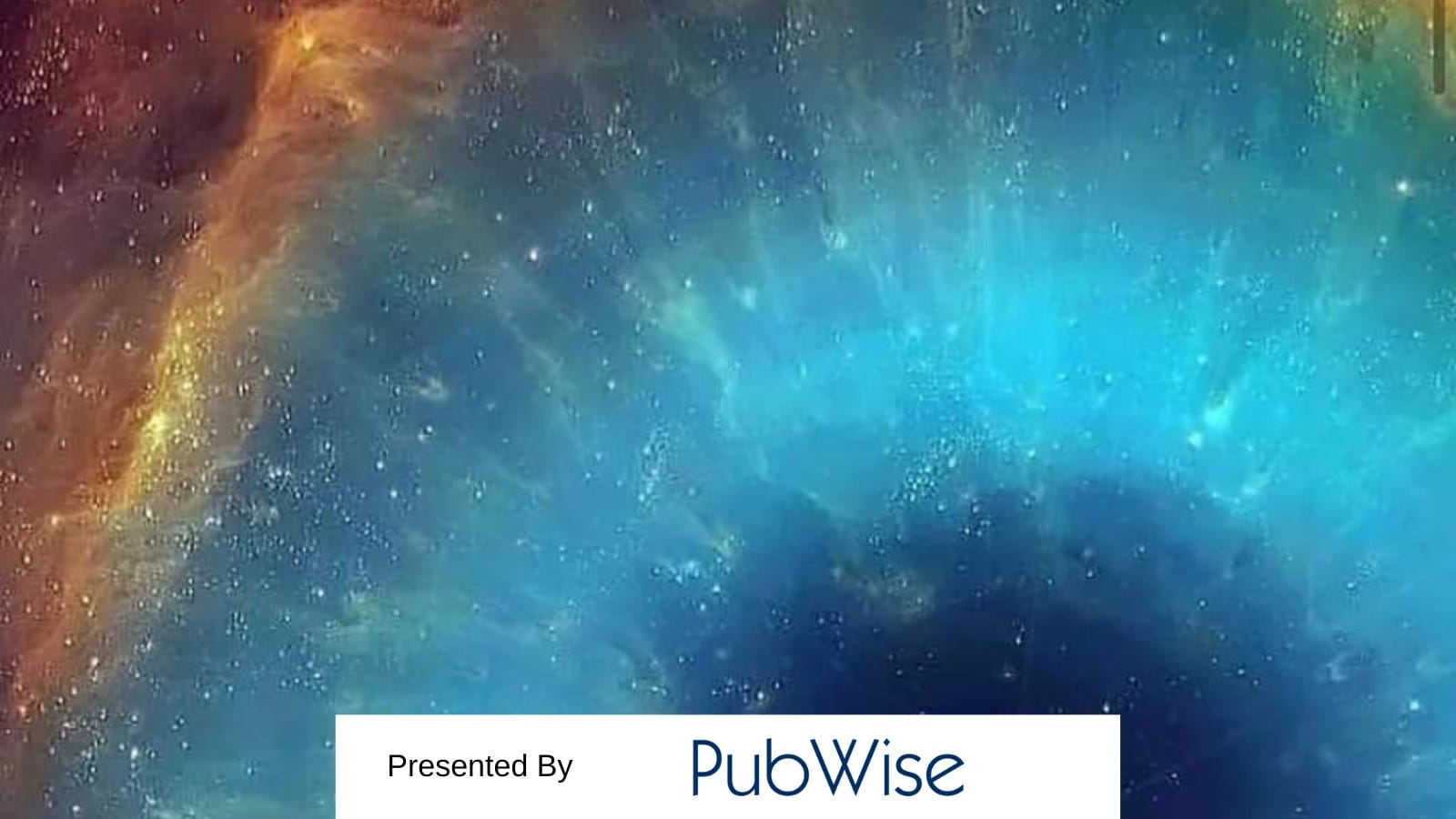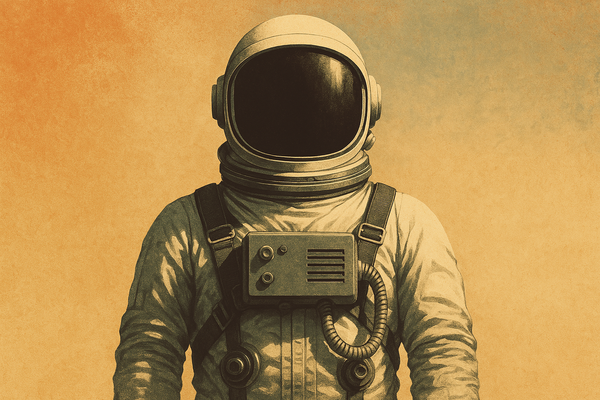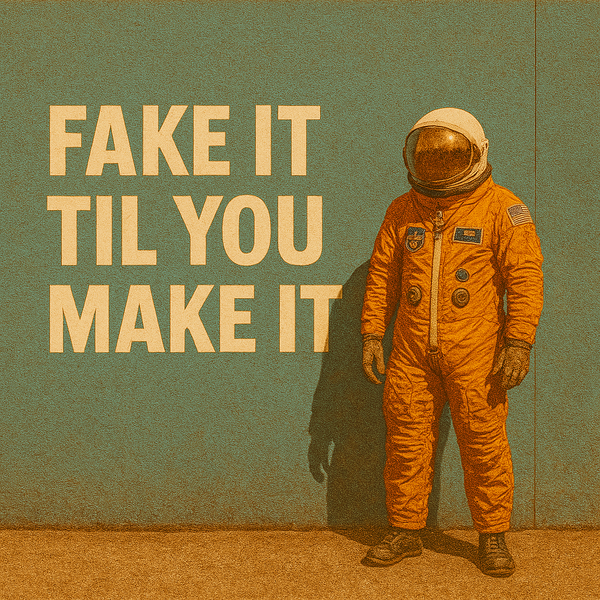House of personal brands
What comes next for the creator economy

The cruelest part of the end of summer is a compressed week on the other side. The way to make it more frenetic: prepare to move homes. I wouldn’t recommend it. Thanks to PubWise for sponsoring this week. I’m happy to have some great partners lined up in the coming months. Check out my sales kit and get in touch if you’d like to work together: bmorrissey@gmail.com.

House of personal brands
The pandemic’s promise of a wholesale change in many areas of society and the economy – count me as one of the believers – is turning out to be overblown. The continued shift to remote and hybrid work appears an outlier of many of the changes that the pandemic had apparently accelerated. Most of life, for me at least, feels pretty much the same as Before Times. Consider these unfulfilled promises:
- E-commerce adoption accelerated by a decade. Turns out, no, it did not, as anyone owning Shopify’s stock can tell you.
- Crypto emerging as a massive new asset class while Web3 changes notions of ownership. Yeah, not happening, at least anytime soon.
- Food delivery gutting restaurants as ghost kitchens take over. Has anyone eaten delivery fries? Gross.
- Virtual events and Zoom in general obviating the need for in-person conferences and meetings. Good God, please, not another Zoom.
Of course, most shifts are subtle and take far longer than expected. Wholesale change overnight is rare. Most things end up somewhere in the middle, with incremental change rather than the revolution promised. I believe something similar can be said for the “creator economy,” at least as it applies to publishing.
Substack became synonymous with writers striking out on their own. I was one of them, although I confess to never seriously considering a one-person operation my ultimate goal. I would go onto the odd panel about this trend to pump the brakes on the idea that this pseudo trend was some kind of major threat to institutional brands. It always struck me as an elite phenomenon, and as Morning Brew CEO Austin Rief recently said, power laws always kick in on the internet. The so-called creator economy — a terrible umbrella term that encompasses everyone from OnlyFans models to YouTube celebrities to newsletter writers to hustle bros hawking courses — is due for a winnowing.
At the same time, the shift to individuals versus institutions is, I believe, a real and lasting phenomenon. You can’t see over 10,000 people showing up at the ghastly American Dream mall in New Jersey for a YouTuber’s new burger joint and not recognize there’s a cultural shift at work. The problem is there aren’t many Mr. Beasts out there. The idea that there would be a Mr. Beast of every possible niche was never realistic. Most people who are good at writing and building an audience are not as skilled in understanding and harnessing the growth drivers of a business. Substack did a neat trick of abstracting most of those operational necessities by a simplified, take-it-or-leave-it business model tied to recurring subscriptions. Any one-size-fits-all approach by definition is not going to work for many.
But just like the shortcomings of remote work doesn’t mean everyone is going to pile back into the office, we’re already seeing changes to how institutional brands operate and new forms of brands that emphasize the individual more than just the overall brand. I would expect Semafor to strike this balance, an update to the house of brands approach.




